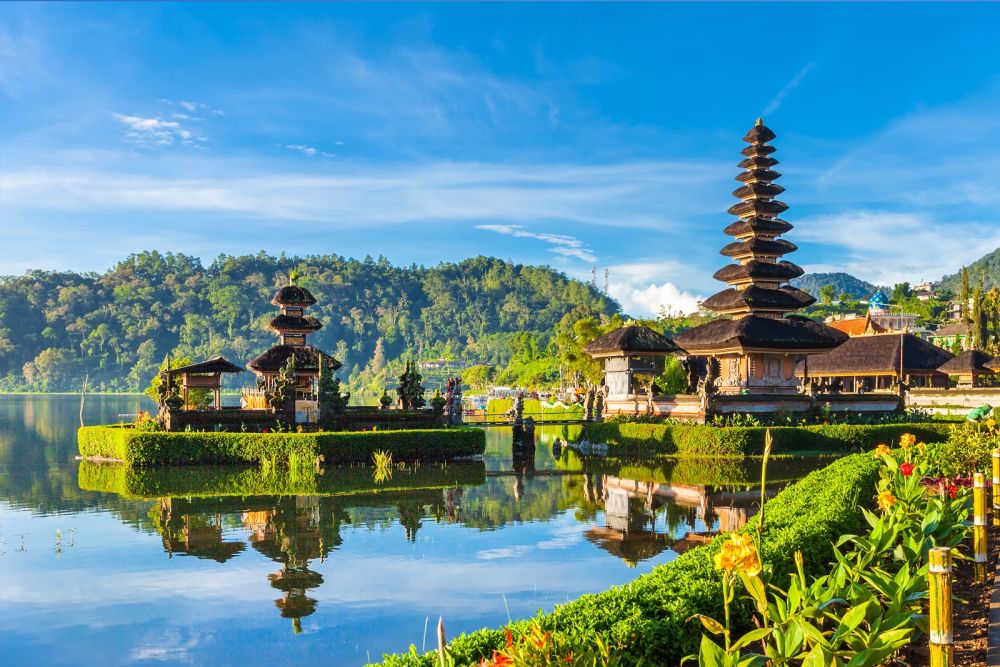

Bali, situated in the heart of the Indonesian archipelago, is often referred to as the Island of Gods. Its unique culture, stunning landscapes, and warm hospitality have drawn travelers from around the globe for decades, making tourism an integral part of its economy and cultural exchange.
The history of tourism in Bali can be traced back to the early 20th century, when it was discovered by European artists and intellectuals, who were captivated by the island's enchanting beauty and rich culture. Among them was the famous artist Walter Spies from Germany who settled in Bali in the 1930s, enhancing interest in the island's arts and culture among westerners.
These early visitors shared their experiences back home, slowly putting Bali on the map as a tropical paradise. In response, the Dutch colonial government at the time started to promote Bali as a tourist destination.
Post World War II and Indonesian independence in 1945 marked the beginning of Bali's development as a significant tourist destination. The 1960s and 70s saw a boom in tourism, spurred by the construction of the Ngurah Rai International Airport, which provided easier access to the island.
By the 1980s, Bali was well on its way to becoming a global tourist hotspot. The island's infrastructure improved, with the growth of hospitality services, the establishment of hotels, and the enhancement of local attractions. Bali's beaches, cultural performances like the Kecak dance, and religious temples like Tanah Lot became iconic symbols of the island's allure.
However, the journey has not been without its setbacks. Bali has faced challenges that have temporarily impacted its tourism industry. The 2002 and 2005 bombings in Kuta shook the island's image as a peaceful destination. In response, Bali resiliently rebuilt and improved its security measures to reassure travelers of their safety.
The rise in global awareness about environmental issues has also seen Bali adapt to embrace eco-tourism. Efforts to conserve Bali's natural wonders and promote sustainable practices have become part of the island's tourism narrative. This shift towards responsible tourism reflects the latest trends in global travel where there is a heightened emphasis on sustainable and ethical travel experiences.
The latest tourism trends in Bali reflect a growing interest in experiences beyond the conventional beach holiday. Visitors are increasingly seeking authentic cultural interactions, wellness retreats, adventure activities, and sustainable tourism options. Community-based tourism, which benefits local societies, and off-the-beaten-path travel are gaining popularity.
The emergence of digital nomad culture, enabled by advanced internet access and coworking spaces, has also seen Bali become a hub for remote workers who blend work with the enjoyment of the island's lifestyle.
The Balinese government and local businesses continue to innovate and adapt, ensuring that Bali remains an attractive destination while preserving its natural beauty and cultural heritage. The expectation is that Bali will continue to evolve, balancing modern demands with traditional values, and ensuring it remains one of the world's most beloved travel destinations for years to come.